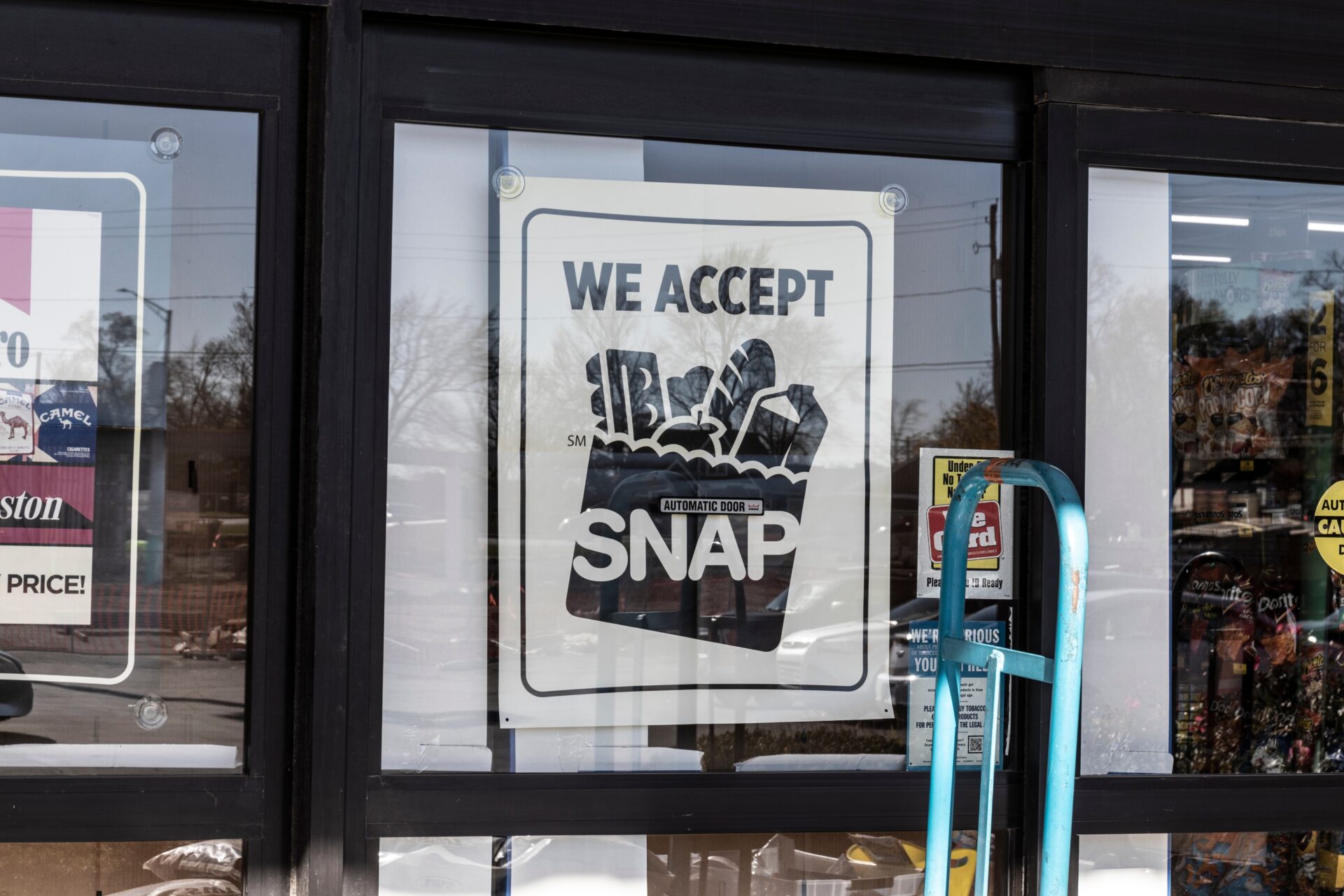
California’s $20 Minimum Wage Set To Hit State’s Economy
Monday was no ordinary April Fools Day in California. On April 1, fast food workers in the Golden State saw their wages increase to a minimum of $20 per hour, a legislative move that has sparked controversy and concern among business owners across the state. The law enacted by the state’s Democratic majority aims to provide financial stability for over 500,000 fast food workers, many of whom are adults supporting families.
However, the increase has caused alarm among fast food franchise owners who are already feeling the pinch from a slowing California economy. Alex Johnson owns 10 Auntie Anne’s Pretzels and Cinnabon restaurants in the San Francisco Bay Area and is one such business owner. Facing reduced sales in 2024, Johnson has had to lay off office staff and increase prices at his stores by 5% to 15%. The wage increase will cost him approximately $470,000 yearly, forcing him to halt expansion and consider selling or closing his businesses due to slim profit margins.
Most fast food workers in California will be paid at least $20 an hour beginning when a new law is scheduled to kick in while threatening to raise prices in a state already known for its high cost of living. https://t.co/PgBPlZGT3b https://t.co/AdPv2xrI71
— NEWSMAX (@NEWSMAX) March 31, 2024
The law, while aimed at improving worker conditions, disregards the broader economic implications, including potential price hikes and job losses. A Los Angeles-based restaurant owner, Angela Marsden, voiced her concerns on Fox News Channel’s “America’s Newsroom,” predicting “massive layoffs and job losses.” Marsden highlighted the impact on small businesses and suggested that the law serves as a “silent tax” on consumers, who will bear the increased costs. Her commentary points to a growing unease among business owners regarding the state’s economic direction under Gov. Gavin Newsom.
Critics argue that the minimum wage increase will lead to more businesses closing and jobs being lost, contradicting the positive outlook presented by some economists. The new law, resulting from negotiations between unions and the fast food industry, exempts certain establishments but leaves many struggling to adjust to the higher wage floor.
Economic analysts and business owners question the wisdom of imposing such a steep increase during economic uncertainty. Austrian economic logical analysis points directly to the unintended consequences of artificially inflated minimum wages. The fallout is worse for entry-level workers and those most needing employment.
The crux of the argument centers on the economic principle that a business is unlikely to pay an employee more than the value generated by that employee. When the minimum wage is set higher than the value an employee can bring to a business, it forces employers into a difficult position.
They must either absorb the added costs, potentially jeopardizing the business’s financial stability and ability to remain open or reduce their workforce to maintain profitability. While the goal of the wage increase is to improve living standards, it paradoxically leads to higher unemployment among the very workers it aims to help.


